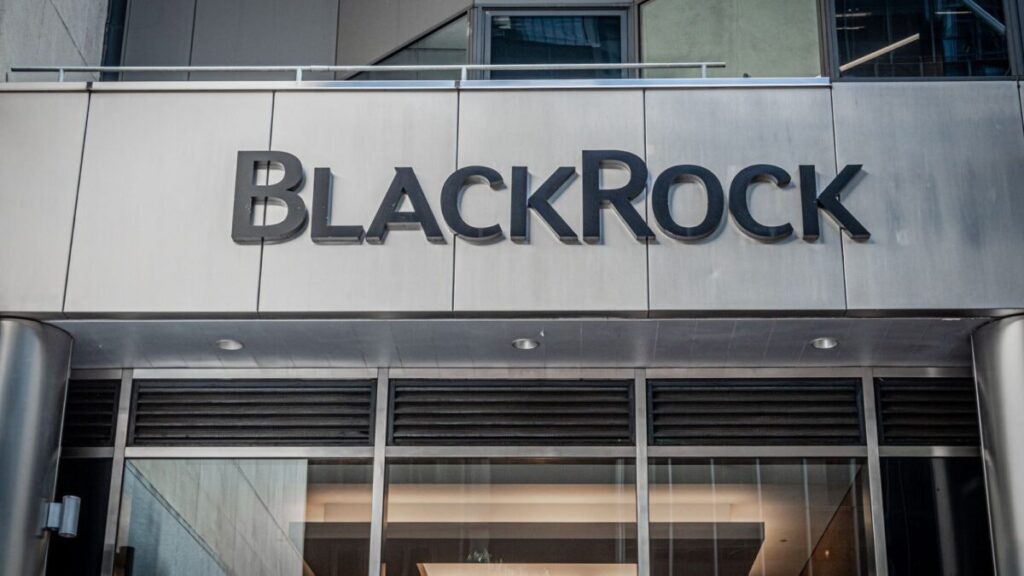In an unprecedented move, BlackRock, the world’s largest asset manager, is being taken to court by the office of Tennessee Attorney General Jonathan Skrmetti. The lawsuit, filed on Monday, alleges the corporation violated consumer protection laws by giving consumers a false impression of its efforts to follow Environmental, Social, and Governance (ESG) objectives. Amid an atmosphere of increasing concern amongst Republican-led states regarding BlackRock’s commitment to environmental and social causes, this fresh lawsuit contends that customers have been misled regarding the “scope and effects” of BlackRock’s far-reaching ESG actions, thus being denied of the ability to make informed decisions.
BlackRock has told consumers that the only consideration driving its investment decisions is ROI.
At the same time, BlackRock has said it will manage all of its assets with the goal of reducing GHG emissions.
One of these statements cannot be true.
➡️https://t.co/HToxiYiKxP pic.twitter.com/yn6Eer0eeT
— TN Attorney General (@AGTennessee) December 18, 2023
The Attorney General’s actions come against a backdrop of growing tension between an increasingly “activist” asset management sector and a conservative US political landscape. BlackRock, holding sway over more than $9 trillion in assets, espouses a staunch commitment to environmental issues, as exemplified by its membership with the Net Zero Asset Managers Initiative and Climate Action 100+. The lawsuit states that membership in these coalitions mandates the company to “lobby, engage, vote on shareholder proposals, and manage assets with the goal of achieving ‘net zero’ by 2050.”
The crux of the legal argument lies in this commitment to net zero. Even as BlackRock’s CEO Larry Fink has reiterated the company’s focus to work in the sole interests of its clients, stating “every action we take is targeted towards the pursuit of financial return,” the lawsuit suggests that the firm’s extensive commitment towards fulfilling ESG objectives is simply not being communicated adequately to consumers. Consequently, investors and potential clients alike find their choice hindered, their verdicts on the financial behemoth misinformed.
Problems intensify as the lawsuit further alleges that BlackRock has “deceptively projected” that certain funds do not consider ESG factors. Amid promises that their non-ESG funds do not employ a sustainable or impact-driven strategy, BlackRock, by its very association with the Net Zero Asset Managers Initiative, has committed to a strategy aimed towards the goal of net zero emissions. This contradiction is the crux of Tennessee’s contention against BlackRock.
— TN Attorney General (@AGTennessee) December 18, 2023
“We allege that BlackRock’s inconsistent statements about its investment strategies deprived consumers of the ability to make an informed choice,” Skrmetti declared, as he underscored the central tenet of the lawsuit. With intentions to secure civil penalties and recuperate the state’s legal expenses, the lawsuit wishes to clarify BlackRock’s intricately woven narrative of ESG commitments, bringing to light just how deeply the company’s environmental and social responsibilities impact its overall corporate strategy.
In conclusion, this action marks a significant moment in corporate accountability and the growing pressure for transparency in business practices. These allegations strip bare the realities of corporate ESG commitments, acknowledging the difficult balance between environmental responsibility and the fiduciary duties that such firms owe their investors. However this plays out, one thing is apparent: the era of murky corporate disclosures and ambiguous environmental commitments may soon be a relic of the past, replaced by a more stringent requirement for clear, honest, and transparent communication. The commercial world is watching as Tennessee’s lawsuit unfolds: the potential repercussions could be immense and, ultimately, might change the way companies, regardless of their stature, interact with their consumers.



